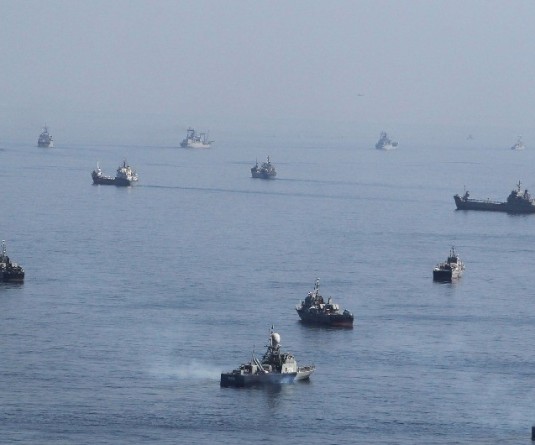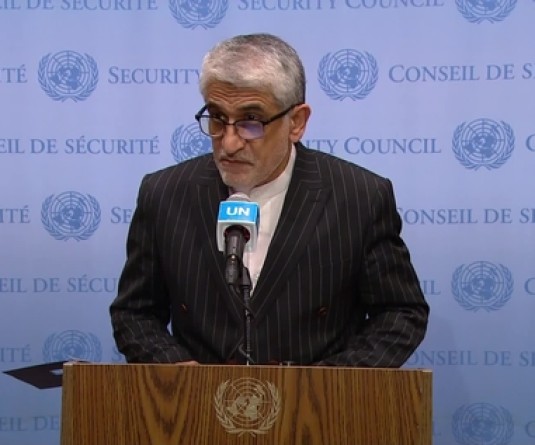Passengers wearing face shields and face masks for protection against the coronavirus disease (COVID-19) get off a bus in Quezon City, Metro Manila, Philippines on September 7, 2020. (REUTERS Photo)
MANILA, September 14 (Reuters): Experts described as dangerous and premature on Monday the Philippines' decision to cut the social distancing minimum to 30 centimetres (12 inches) on public transport, as the country saw another daily record in newly confirmed COVID-19 deaths.
Reducing gaps between passengers incrementally to a third of the 1 metre minimum could backfire, experts and medical professionals warned, and prolong a first wave of infections that the Philippines has been battling since March.
The new rules took effect on Monday, when the country reported 259 new confirmed deaths, a record for the second time in three days. Total fatalities increased to 4,630, while infections have doubled in the past 35 days to 265,888, Southeast Asia's highest number.
"This will be risky, reckless and counter-intuitive and will delay the flattening of the curve," Anthony Leachon, ex-president of the Philippine College of Physicians, told news channel ANC.
"Even if you wear a face shield and mask, reducing the distance between, it will be dangerous," he said, adding that 1 or 2 metres was the minimum international standard.
The transport ministry's new rules cut the distance to 75cm on Monday, 50cm on Sept. 28 and 30cm on Oct. 12. Conversation and phone calls are now prohibited.
The health ministry on Monday urged the public to be "extra vigilant" in tight travel conditions and to choose other transport modes if possible.
Manila's transport systems are notoriously crowded, with commutes typically involving long queues and several changes.
"It is likely that we will see an increase in cases and our recovery will slow if we do this now," said epidemiologist Antonio Dans.
Dans is a member of a health professionals alliance that last month pleaded for a tightening of Manila's lockdown - a "timeout" to stop hospitals being overrun. It urged a rethink of the 30cm rule.
The plan aims to help an economy that the government sees contracting 5.5% this year, the worst shrinkage in 35 years.
"Reopening the economy will never happen unless the viral transmission is controlled," added Leachon, a former advisor to the government's COVID-19 task force.






